China’s chained woman spurs grand government gestures but where is the plan to treat victims?
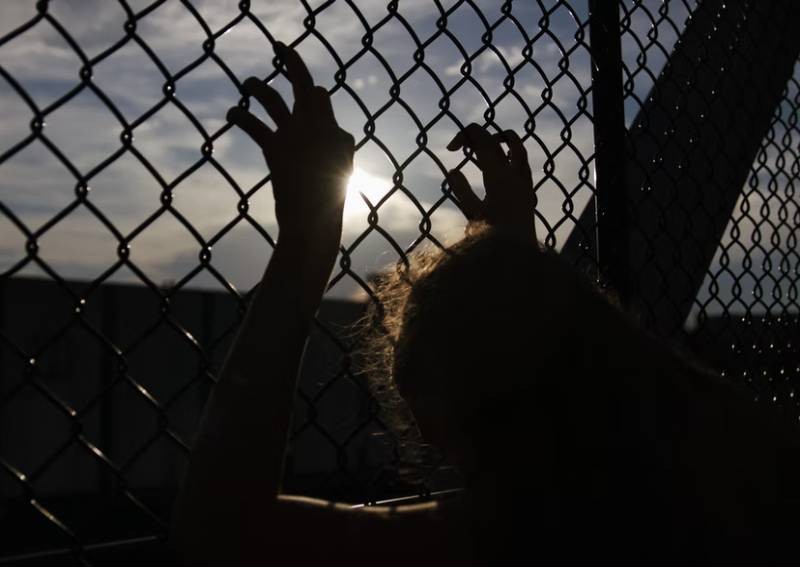
“If we fail to speak up today, anyone of us could be like that Xuzhou mother of eight.”
Variations on this social media comment have been sent across Chinese cyberspace for two months since a human trafficking scandal in Feng county, Xuzhou, in eastern China came to light.
A video of a middle-aged woman chained by her neck in a rundown shack was seen by millions of Chinese after it went viral in January. It was later revealed the woman had been sold twice as a bride and had given birth to eight children.
Anger and disbelief over the cruelty imposed on the woman renewed awareness of gender equality issues and prompted calls for heavier penalties for both traffickers and buyers in a decades-old abduction and trafficking problem.
The central government responded with a high-level investigation and a year-long police crackdown.
To mark International Women’s Day on Tuesday, Zhou Qiang, president of the Supreme People’s Court, vowed to hand down the death penalty for extreme cruelty against women, children and the elderly.
However, there seems to be little debate about the welfare of the woman at the centre of the Xuzhou scandal.
Citing media control and their stifled participation in civil society as factors, women’s rights experts said discussion about how best to treat rescued trafficking victims, including resettlement and rehabilitation, at the ground level appeared non-existent.
The trafficking of women and children remains a complex social problem in China. It reflects a host of underlying issues — including gender imbalance, inequality, inadequate social services and household registration — that require much more than principles, slogans and a campaign-style crackdown to tackle, according to experts.
This year, the nation’s top legislature is set to overhaul the Law on the Protection of Women’s Rights and Interests. A draft revision was introduced for public consultation in December, about two weeks before the Xuzhou human trafficking scandal erupted.
The Xuzhou incident refreshed discussion over gender equality, with 423,719 suggestions from more than 85,000 people uploaded to the website of the National People’s Congress, far exceeding other laws up for public comment at the same time.
Chen Yaya, a feminist scholar and researcher with the Shanghai Academy of Social Sciences, said the huge outpouring of views showed how concerned the public was with the state of gender equality in China.
“It also shows the number of channels for people to voice their views remains rather deficient,” Chen said.
The proposed revision, which is designed to offer more protection, eliminate discrimination against women and improve their sense of security, remains a basic legal weapon without a clear plan or follow-up measures to address victims’ welfare, according to experts.
The latest draft is a major revamp with amendments to 48 clauses and 24 new additions covering gender equality in education, employment and rural land inheritance, as well as attempts to outlaw the use of superstitious and “mind-control” tactics on women.
It also seeks to allow a woman to seek compensation upon divorce for household duties such as caring for a child and the elderly, and gives a clearer definition of gender-based discrimination.
The proposed legal text is expected to go through two more readings by the top legislature this year before it is adopted.
It remains to be seen how safe this law will make Chinese women feel.
Feng Yuan, the founder of Equality, a Beijing-based advocacy group, said the proposed revisions failed to address trafficking prevention and the resettling of victims, both important issues to women.
“The government and society are still focused on crackdowns by the police and heavy court sentencing. We are not seeing enough discussion of resettlement and return measures, but these are vital for the welfare of abducted victims,” Feng said.
Last April, the State Council issued a 10-year national action plan against human abduction and trafficking. It is the third national plan to provide a long-term mechanism requiring central ministries and local governments to actively rescue and properly resettle abducted victims and to promote the physical and psychological recovery of victims as well as easing their return to family and society.
And yet, the proposed legal text in the women’s rights protection law regarding post-rescue measures is generic.
The Jiangsu provincial government released the findings of an investigation last month over the Xuzhou woman. It identified her by her childhood nickname “Xiaohuamei”, saying she originally came from the southwestern province of Yunnan.
The victim was brought by a trafficker to Jiangsu in 1998 and twice sold as a bride that year, ending up with a man surnamed Dong in Feng county, Xuzhou. Her name was changed to Yang in a marriage certificate dated 2000.
Feng said that when the woman was rescued, there were immediate questions: “Where would she live? In a rural or urban area? How will she make a living? Does she have a home to return to? How to rebuild her social and support networks and what to do about her eight children?
“There is no report or relevant discussion among journalists and lawmakers addressing these critical issues,” Feng said.
There are continually emerging stories of rescued victims of abduction finding resettlement or reunion with their original family difficult.
“Many people bear a real cost for the absence of resettlement and rehabilitation measures,” Feng added.
After the national fury over Xiaohuamei, two former investigative journalists from Yunnan who shed light on the woman’s background were summoned by police and warned to stay silent. Two women who tried to visit the victim were detained by police on suspicion of “picking quarrels and provoking trouble”.
Academics who have spoken out about the case on social media have had their accounts shut down while mainstream media reports toed the Communist Party line and failed to dig deeper into the issue.
“I think [the absence of media monitoring] is largely due to editorial direction being controlled. We have repeatedly called for more focus on resettlement but our voices remain unheard,” Feng said.
The observation was echoed by Chen, the Shanghai-based feminist scholar, who said “increasing censorship and control over media agenda” had drastically narrowed discussion in traditional media and had curbed in-depth investigative reporting in particular.
The government responded to abduction and trafficking issues with task force crackdowns but the underlying problems, including the dual structure of urban and rural societies, were complicated and required more than just campaign-style actions to resolve them, Chen said.
Meanwhile, the husband is proudly talking about their 8 kids (7 boys, 1 girl), youngest still a baby. This is what the online anger is also about: how could she even have babies while suffering from mental illness? When did she become this way? Was she used as a breeding machine? pic.twitter.com/pE1x4RCjqo
— Manya Koetse (@manyapan) January 30, 2022
She said the proposed revision appeared to be based in principle but instead there should be more concrete rules and regulations and real-life operation and enforcement for it to work.
Chen also said civil society should be encouraged to empower disadvantaged and marginalised groups to play an active role because women’s rights remained a community commitment.
“The proposed revision barely mentioned the role of non-governmental women’s rights groups, we can see how limited their participation is,” Chen said.


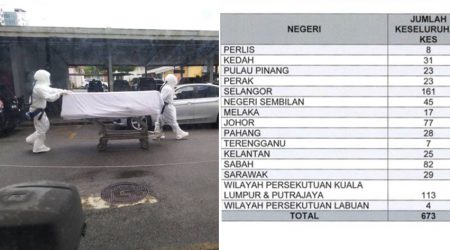
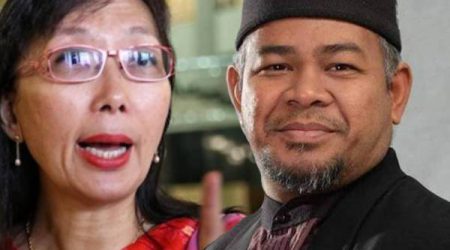

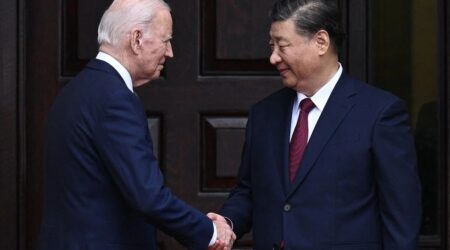




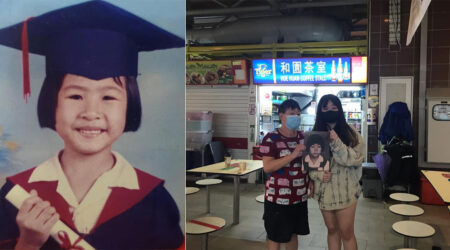

Leave a Reply